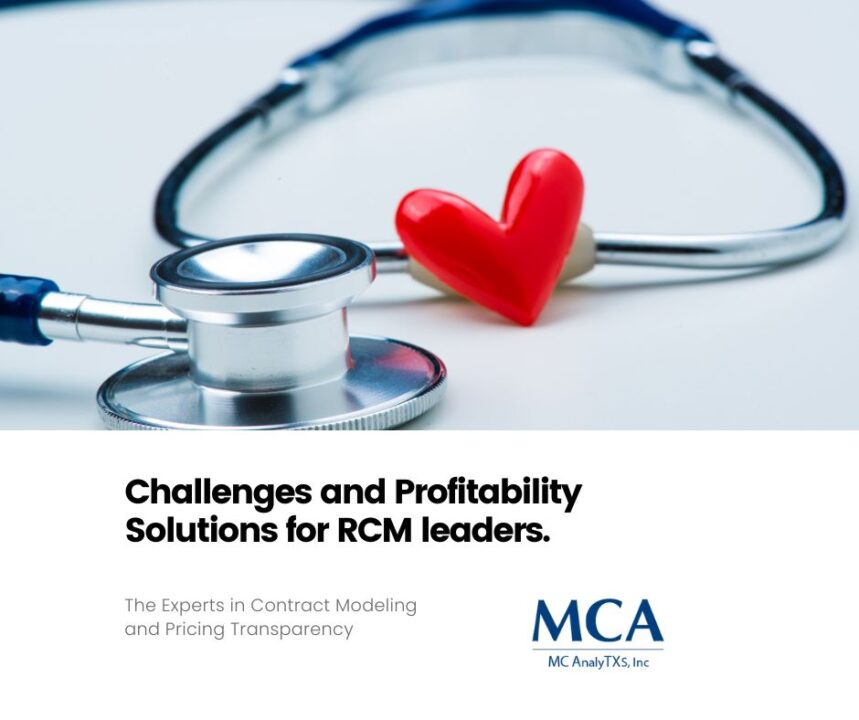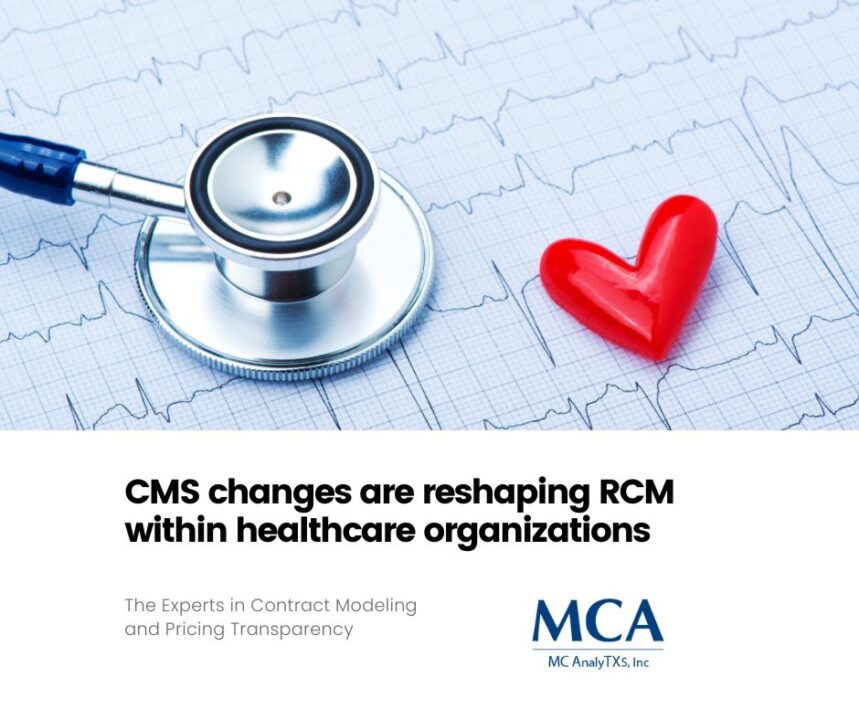
Selecting the Right Vendor Partner for Revenue Cycle Technology Success
January 15, 2024
Strategies to Prepare Your Organization for Revenue Cycle Management Success
January 19, 2024In today’s healthcare industry, managing costs is a key priority for all healthcare providers. To achieve this goal, the Centers for Medicare and Medicaid Services (CMS) has finalized a prior authorization rule that is expected to save up to $15 billion. This rule has been widely anticipated, and its implementation is a step in the right direction for healthcare providers looking to streamline the billing process. In this article, we will take a closer look at the details of the new prior authorization rule and what it means for healthcare leaders.
1) Understanding the Prior Authorization Rule: In essence, prior authorization requires providers to receive approval before proceeding with certain healthcare services or procedures. This rule is essentially an attempt to prevent unnecessary healthcare costs. The CMS rule applies to providers who offer Medicaid services, and it requires them to get approval before performing certain procedures. The prior authorization rule may not apply to all Medicaid services, but it usually plays a vital role in the approval process for high-cost procedures and services. This prior authorization rule will help prevent fraud, waste, and abuse and ensure that only medically necessary care is approved.
2) The Benefits of the Prior Authorization Rule: Although the prior authorization process can seem like an additional burden on providers, it also brings some benefits. The primary advantage is how this rule helps to identify services that aren’t medically necessary. The rule also encourages providers to look at less invasive and lower-cost alternatives when providing care. With proper adherence to this rule, providers can improve the overall quality of care they offer, reducing waste and improving the patient experience.
3) Prior Authorization Rule’s Impact on Healthcare Management: As a healthcare management professional, you must be familiar with the new prior authorization rule, since it will likely affect the overall billing process. The rule aims to enhance transparency between Medicaid and healthcare providers, thus reducing administrative waste and improving communication. The prior authorization rule is expected to create a more consistent and standardized approach to the billing process, streamlining claims and improving the overall payment cycle.
4) Prior Authorization and Managed Care Directors: As a managed care director, you need to ensure your team is up-to-date on the new CMS prior authorization rule. Your team will likely play a crucial role in the prior authorization process for your organization. Managed care teams must ensure that the necessary approvals for authorized services are obtained and that providers adhere to all requirements necessary for authorization.
In conclusion, the CMS prior authorization rule is a game-changer in healthcare services and billing. With an anticipated savings of $15 billion, this rule will have a significant impact on healthcare providers’ financial stability. However, it is only the beginning, and healthcare providers must continue to implement the necessary processes and systems to ensure prior authorizations are approved and consistent with CMS guidelines. Healthcare leaders need to train their teams on the new prior authorization process to see positive results in the bottom line through fewer denied claims, reduced wasteful spending, and an improvement in the overall delivery of care.
The new prior authorization rule will bring significant changes to healthcare providers. The rule will result in transparency between Medicaid and healthcare providers, reducing administrative waste and improving communication. It will also encourage providers to look at less invasive and lower-cost alternatives when providing care. The rule is expected to create a more consistent and standardized approach to the billing process, streamlining claims and improving the overall payment cycle. It is essential to keep up with the new prior authorization guidelines as it will have a positive impact on the healthcare provider’s bottom line. In conclusion, with proper adherence to the prior authorization rule, providers can improve the overall quality of care they offer, reduce waste, and improve the patient experience.
In conclusion, healthcare organizations must consider the new CMS prior authorization rule when managing their billing process. This rule can provide many benefits, including cost savings and improved patient care. It ultimately reduces the burden of time and finances for both healthcare providers and patients. Therefore it is crucial to stay updated on the new guidelines for a smooth transition into this new billing process.
To learn more join our upcoming webinar Thursday, January 18th at 1 pm CST.





